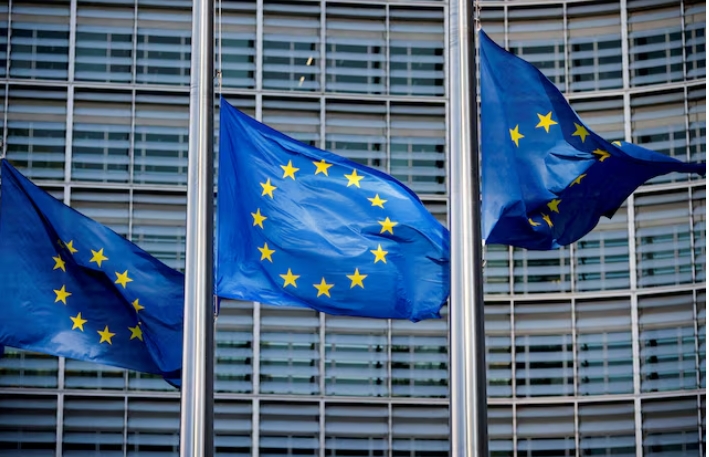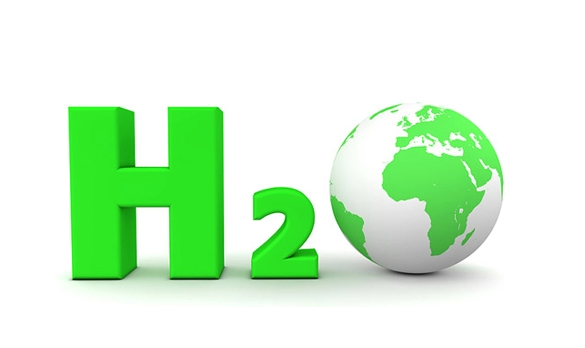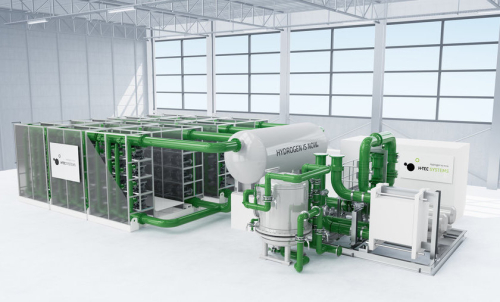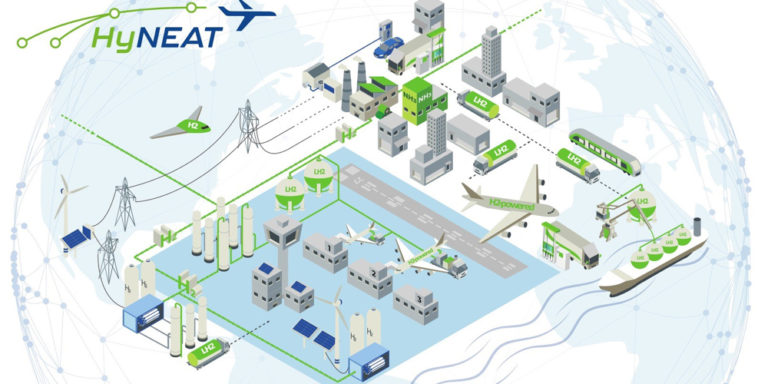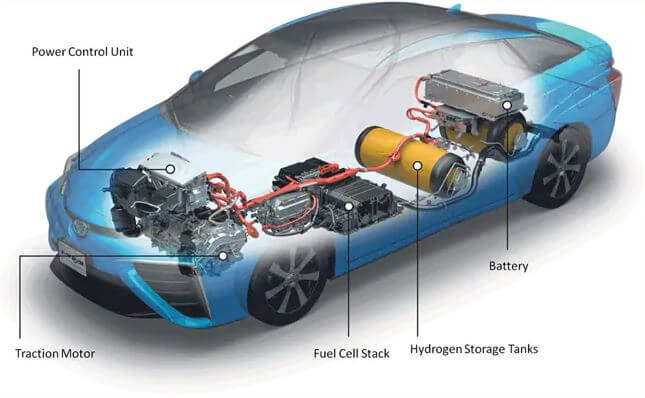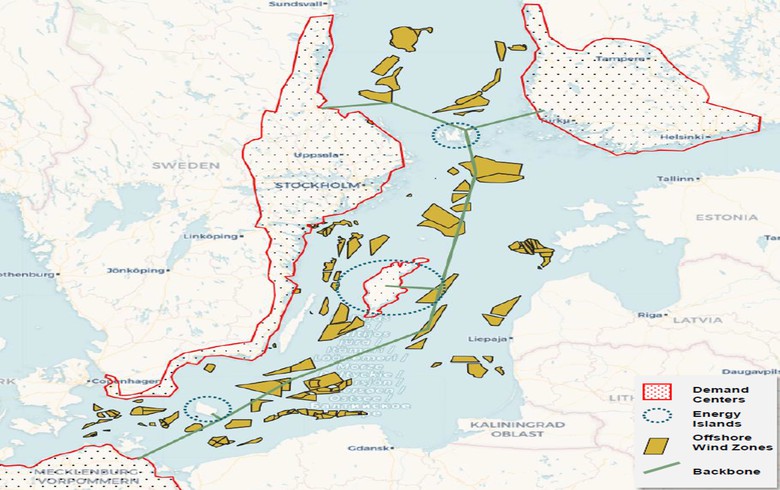
The Federal Government assumes that the national demand for hydrogen and its derivatives will amount to 95 to 130 TWh in 2030, and that around 50 to 70 % (45 to 90 TWh ) of this will probably have to be imported from abroad. According to initial estimates, demand could increase to 360 to 500 TWh of hydrogen and about 200 TWh of hydrogen derivatives by 2045.
Therefore, the aim of the import strategy is to ensure that Germany’s import needs are met and to guarantee a sustainable, stable, secure and diversified supply.
The Ministry for Economic Affairs and Climate Protection (BMWK) claimed that the government supports a diversified product range for the import of hydrogen. In addition to molecular hydrogen, various derivatives such as ammonia and methanol, as well as carrier media such as LOHC are possible.
BMWK also noted that the government is pursuing the parallel development of import infrastructure for pipeline and ship transport, adding that hydrogen derivatives, carrier media and downstream products are particularly suitable for transport by ship, rail or road.
In addition to cooperating with European partners on regulatory issues, generation potential and infrastructure, the government is also said to be in talks with a large number of partner countries, regions and players. The aim is to diversify the supply sources as widely as possible. To this end, the BMWK said it is involved in more than 30 climate and energy partnerships and energy dialogues. In addition, hydrogen agreements have been concluded with numerous partner countries in recent years.
Robert Habeck, Federal Minister for Economic Affairs and Climate Protection, commented: “A large part of Germany’s hydrogen demand will have to be covered by imports from abroad in the medium to long term. The import strategy provides the framework for this. It sends a clear signal to our partners abroad: Germany expects a large and stable domestic demand for hydrogen and derivatives and is a reliable partner and target market for hydrogen products. The import strategy thus creates investment security for hydrogen production in partner countries, the development of necessary import infrastructure and for German industry as a buyer.”
In related news, transmission system operators (TSOs) have submitted the official application for the development of the German hydrogen core network to the Federal Network Agency (BNetzA).
The agency is expected to approve the network no later than two months after the submission of the application documents, and following approval, the TSOs will begin to build the core network. The first lines are to be converted to hydrogen as early as next year.
